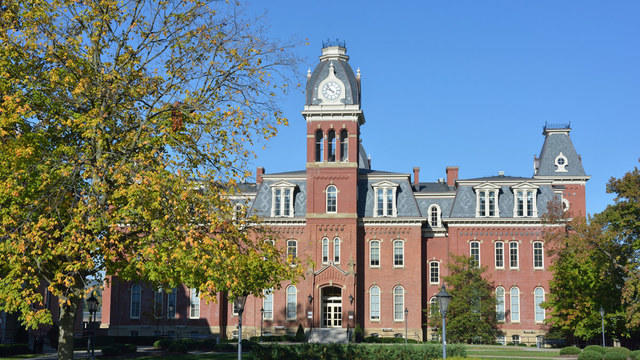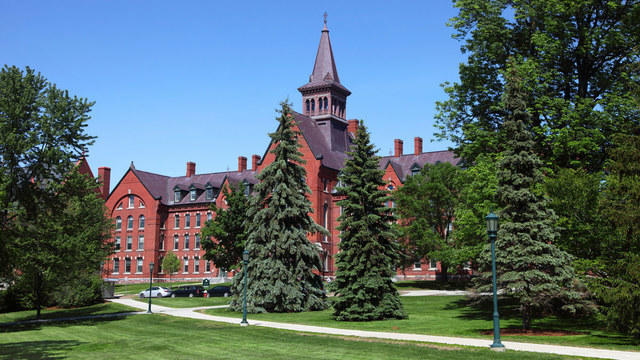Thinking of taking your legal career to the next level? Do you want to study law in Maine? If your answer is yes, then you are in the right place.
Unlike other states that have several law schools, Maine has only one ABA-accredited institution, the University of Maine School of Law (Maine Law School). Today, we’ll explore everything you need to know about the Maine Law School, from its acceptance rates to bar passage rates and even graduate employment rates.
Everything You Need to Know About Maine Law School
The U.S. News & World Report, in its 2018 listing of top law schools, ranked Maine Law School as the 111th best school in the country. The school had an acceptance rate of 70% in 2018, which is considered very friendly, given that Maine doesn’t have any other law schools.
The median LSAT score in 2018 stood at 152, while the median GPA was 3.37, meaning you can easily gain admission, provided your scores meet the required threshold.
Maine Law School has a student to faculty ratio of 16:1, which is convenient for students keen on receiving individualized attention. The school does not provide law-specific housing. It does, however, offer on-campus and graduate housing.
The school registered an average bar passage rate of 76.8% in 2018, which is only 2% lower than the state average. Even more impressive is the number of graduates that secured employment. As revealed in Maine Law School’s ABA-required disclosure, 80% of graduates obtained jobs within the first ten months after graduation.
The school has a healthy gender balance, with female students making up 49% of the student population. In terms of student ethnicity, however, Maine Law School falls way below the average as only approximately 8% of students are from minority groups.
According to the school’s website, the institution gives weight and preference to GPA and LSAT scores. However, applicants are advised to deliver compelling personal statements on how they will add value to the school and the state of Maine as a whole.
The school is known for its relentless commitment to ethics and community service, meaning that you should be prepared to prove that you are fully in line with the school’s mission and vision.
Maine Law School graduates make an average of $40,000 within the first years of employment. It is important to note, though, that law graduates are usually in high demand since there are no other competing schools in the state. That means that provided you focus on acing your coursework, you will be almost guaranteed to find employment soon after graduation.
Our Take
Although Maine does not have many law schools, their only ABA-accredited institution school is a good option. To secure admission, you will need to prove that you are not only academically qualified but also socially and ethically aware of your role as a student.
As you apply for a slot in Maine Law School, remember to write a compelling personal statement to back up your test scores.










